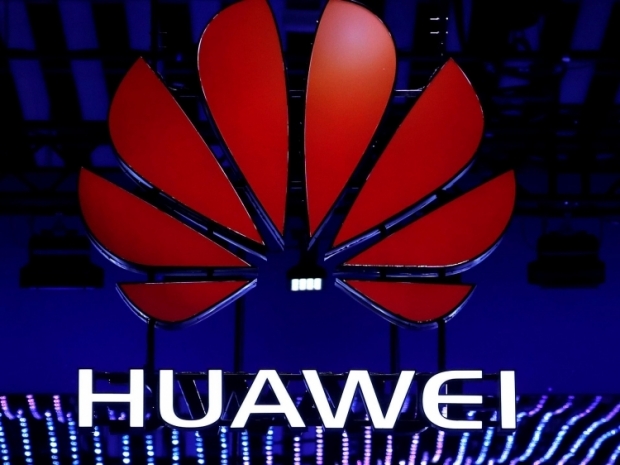The ban was announced on Friday while last night the US Commerce Department temporarily lifted the ban for 90 days on American businesses working with Huawei. Someone in the administration realized that the whole tech market went red as most companies are doing business with gigantic Huawei.
Hard not to work with Huawei
Intel is selling both laptop chips as well as server chips to the company, Qualcomm is selling chips for various smartphones and has a licensing business with the company. Google is proving Android OS and apps, while Microsoft has different licensing and software deals with the company. Nvidia is selling chips for laptops and data center, these server and client devices need storage and memory too. The US list of hardware manufacturers crippled by Huawei ban just goes on.
It is hard to find fortune 500 who don’t deal with Huawei in China. It is just one large company that keeps growing, and Europe is massively affected.
The whole ban and trade wars and putting European players on thin ice too as some of the big European hardware players including Infineon are thinking to avoid doing business with Huawei. In the meantime, Huawei made a lot of penetration of the European carrier and handset market and established itself quite popular there.
If the US doesn’t change its mind and forbid Android and updates on Huawei phones, Huawei has the capacity to make a decent OS from the AOSP open source version and probably provide the third party maps.
Comptition is good
Huawei made Qualcomm runs faster as it managed to challenge the company on several key SoC areas and helped the company get on top of camera performance. The sad part is that Qualcomm Snapdragon 800 series are predominantly better in almost all key metrics including the cameras, but for an unrealistic cost-related reason very few OEMs ended up having a great camera on Snapdragon 800 device until the 2019 wave. Xiaomi Mi9 has one of the best cameras for the very reasonable $499 price, powered by Snapdragon 855, the chip that has an incredible AI performance too.
Politics is learning that you cannot hurt the big China giant called Huawei without dragging most of the US tech sector with it too. China is expected to retaliate, and that could get ugly.
Last night discussion with Mike Magee and Nick Farrell led us to a surprising conclusion that all the sudden after decades of following the tech industry, we need to include the geopolitics in the tech coverage too.
Unfortunately, this is not the end of it; there will be more to cover.




